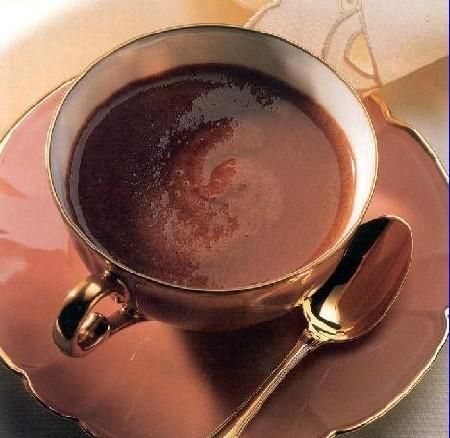A university in England invited 300 volunteers to participate in the study. Coffee and non-coffee fans were divided into two groups. Drinking coffee was stopped 16 hours before the test and their concentration was observed. After 16 hours of “abandoning coffeeâ€, only coffee fans were allowed to drink coffee. Non-coffee fans were not allowed to drink. The results showed that those who drank coffee had the same level of concentration as non-coffee fans. Therefore, it is estimated that even if non-coffee fans drink coffee, it will not help increase concentration or work efficiency.

The scholar responsible for the investigation said that Adenosine, which is a slow-resolving reaction in the body, feels refreshed after drinking coffee because caffeine stops adenosine from entering the cells, making it difficult to produce drowsiness. The study also pointed out that caffeine will narrow the blood vessels, speed up blood flow and cause headaches. Some coffee fans who do not drink coffee experience headaches, irritability, tight muscles and nervous reactions.
Undoubtedly, coffee has an effect on people's body and spirit. When we read the book of toxicology, we will find that the book reads, “As currently understood, caffeine first acts on the cortical layers of the central nervous system, reducing fatigue and drowsiness by increasing the degree of alertness, attention, and contact. The human impulse and the desire to talk can be softened, which will promote more needs for social interaction.Overall, this good feeling will translate into a kind of enthusiasm, and drinking coffee will become a kind of difficulty. The habit of giving up - but there is no obvious danger of addiction. That is to say, this habit can be self-control." Such a medical description is so fascinating! It's like saying: "Coffee can make people wake up and give people a good mood - don't you want to have a drink?"
But at the same time, coffee may also give people some dependence. When coffee drinkers want to reduce coffee consumption or simply stop drinking coffee, this addiction is clearly manifested. At the latest after the last cup of coffee and not drinking from it, some of the symptoms, such as headaches, fatigue, and often a slight feeling of nausea, are obvious signs of addiction. These symptoms will gradually disappear in a few days.
After stopping drinking coffee, so-called "weekend migraines" often appear. The disease mainly visits people who regularly drink coffee at work, go home without coffee or drink caffeinated beverages. Therefore, some people seek home therapy because of possible family problems. (The family problem is when you are not with your family when you are working, so you don't have headaches. When you are with your family, your head hurts inexplicably.) Of course, it can be foreseen that this kind of home remedies is definitely not effective. So what are the reasons for people to face a squeaky headache, but also reluctant to maintain their hobby for this kind of beverage? The Japanese who happen to love tea have solved the puzzle: The feeling of refreshing and refreshing people feels comes from caffeine, which can increase the serotonin-activating component and serotonin acts as a messenger in the nervous system. It is through it to pass on good news. The feeling of comfort in our spirit is closely linked to serotonin. Depression is therefore often associated with an imbalance in serotonin. When the level of serotonin drops, emotions also decline. The amount of serotonin is related to the intensity of light, which also explains why some people must drink a cup of coffee in the morning in order to make the mood "into the state." When the light is weak again, it is time for us to drink coffee in the afternoon. From a biochemical point of view, we actually artificially prolonged the daylight.
Therefore, it is no coincidence that people in Scandinavia consume the highest amount of coffee in Europe. In contrast, the residents of the Mediterranean region have the lowest consumption of coffee in Europe. In order to be able to feel the emotional impact of coffee in the bright sunshine of southern Europe, it is necessary to increase the concentration of coffee - which also led to the creation of an espresso maker. In Sweden, people need lighter coffee because it can extend the daytime feeling. It is precisely because of this that the Swedes’ per capita coffee consumption is several times that of Italians or Greeks. Therefore, instead of using our black coffee as a poison, it is better to regard it as a mild medicine with few side effects that can resist depression.
YT-T15
YT-T15
Shenzhen Sunshine Technology Co.,Ltd , https://www.szyatwin.com